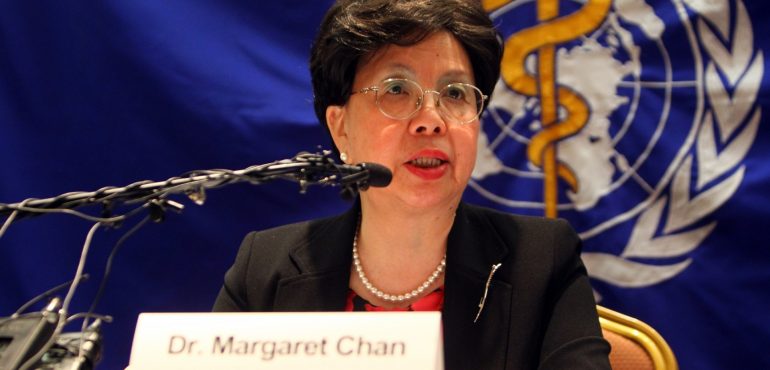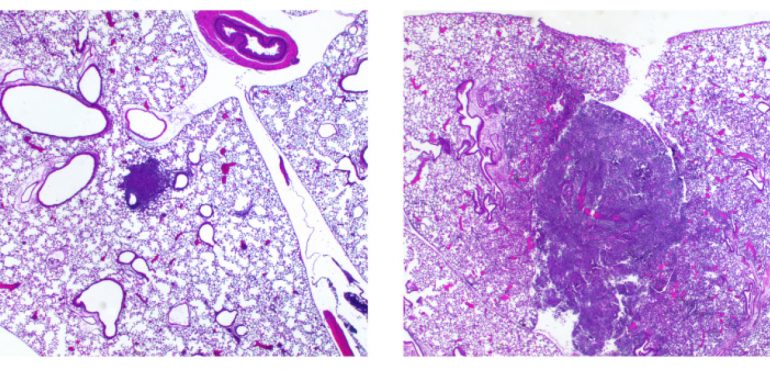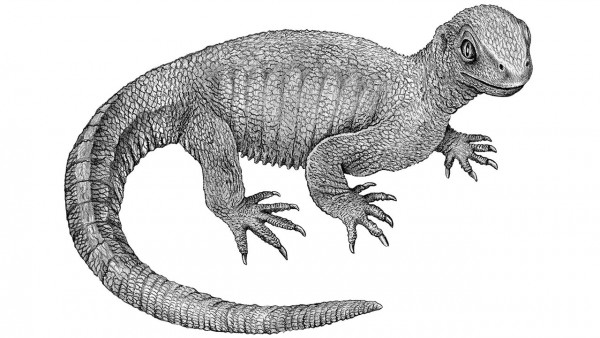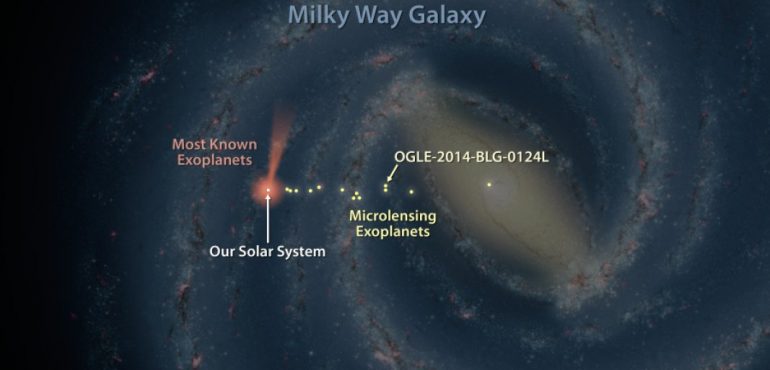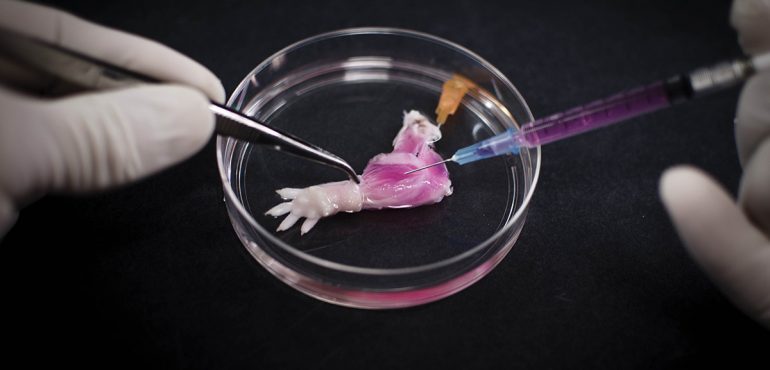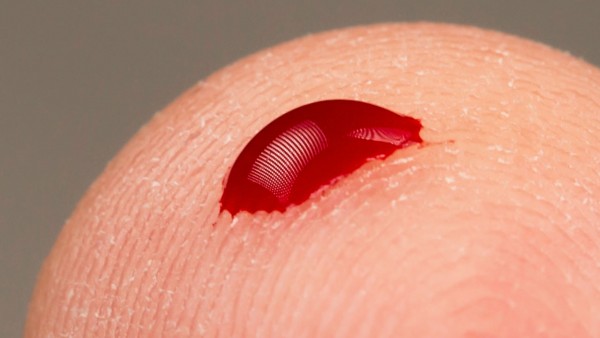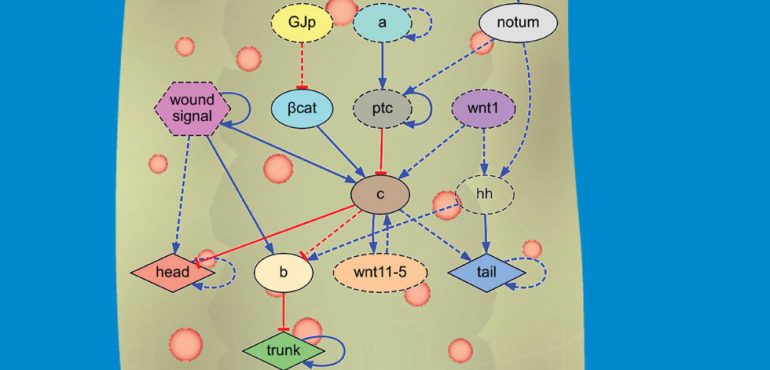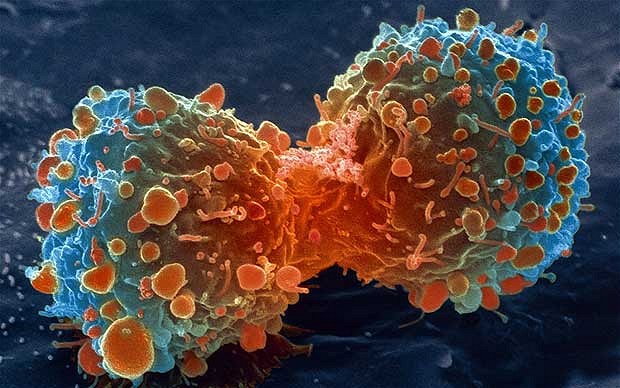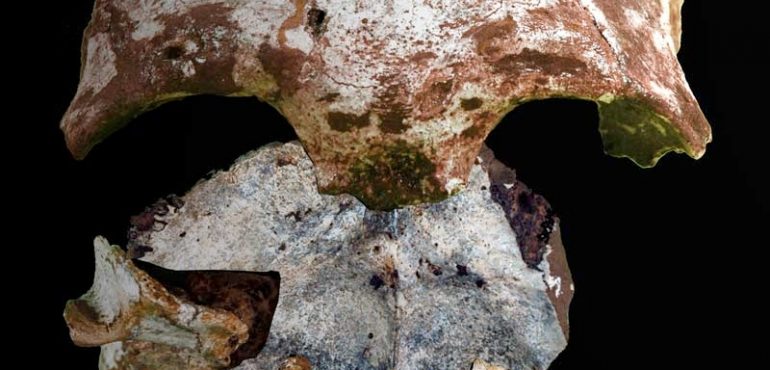Cuba has become the first country to eliminate the transmission of HIV and syphilis from mother to baby, the World Health Organisation has announced. The WHO’s director general, Margaret Chan, said it was “one of the greatest public health achievements possible” and an important step towards an Aids-free generation. Over the past five years, Caribbean…
Read more
Cuba first to eliminate mother-to-baby HIV transmission
